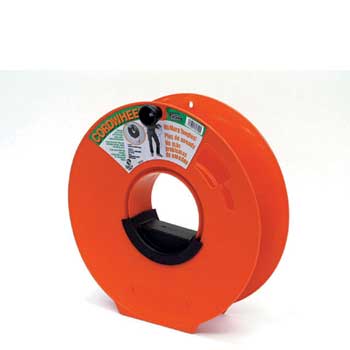- Jul 18, 2009
- 11,137
- 17,717
- Funster No
- 7,543
- MH
- HYMER B644
- Exp
- 2004
Hello,
I am looking for a thinner lighter EHU Cable.
Fairly long, say 25m, preferably on some kind of reel.
We dont use much power with our new motorhome, no electric heating or cooking appliances.
I cannot seem to find anything, they all seem to be 16amp and heavy. Buying by the meter seems expensive.
Any suggestions please?
Trev
I am looking for a thinner lighter EHU Cable.
Fairly long, say 25m, preferably on some kind of reel.
We dont use much power with our new motorhome, no electric heating or cooking appliances.
I cannot seem to find anything, they all seem to be 16amp and heavy. Buying by the meter seems expensive.
Any suggestions please?
Trev


